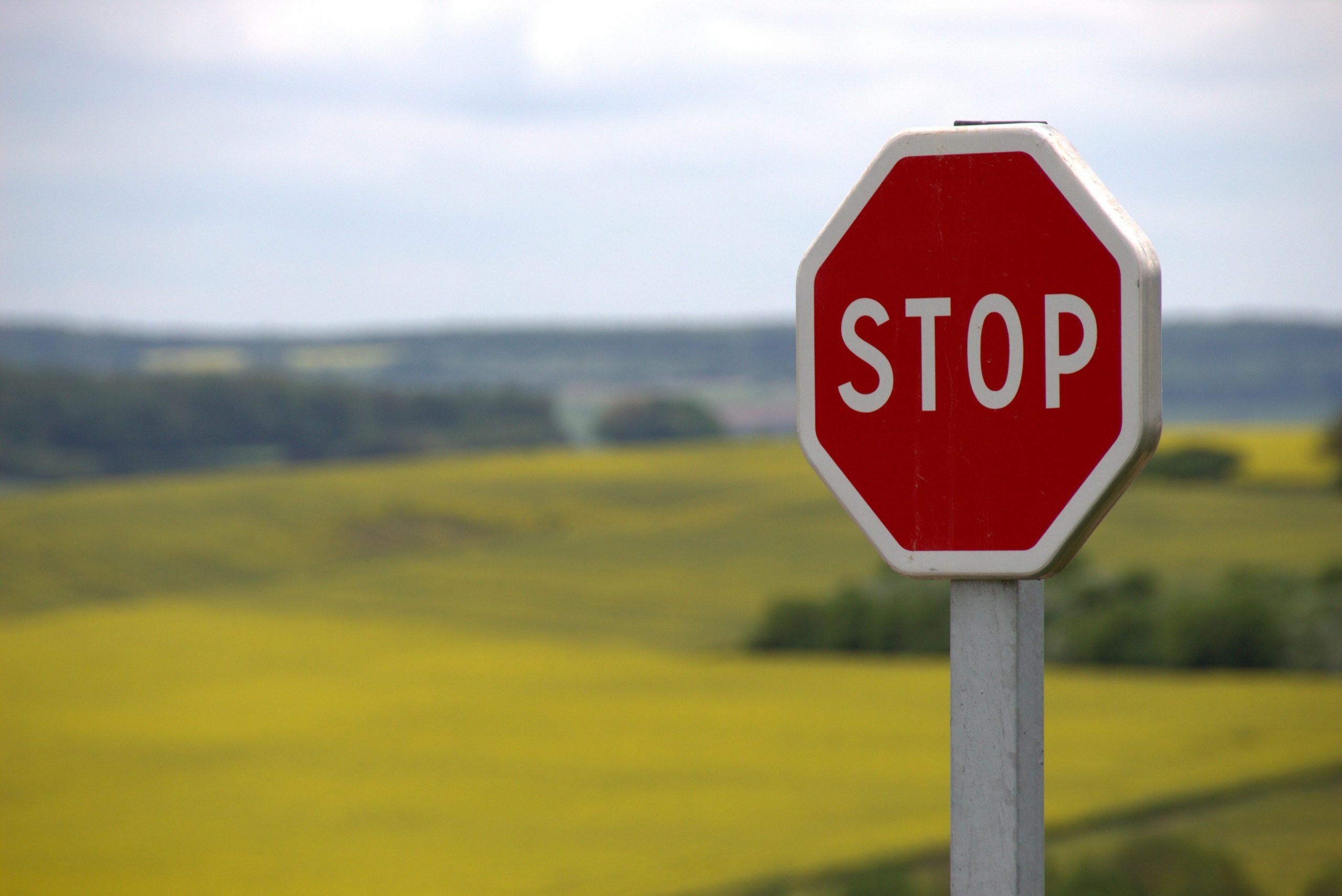The Internet Archive has decided to respond to the corona virus crisis by creating what they call the National Emergency Library, and they have gained publicity from the likes of Jill Lepore at The New Yorker, from NPR, and from lots of people who support open access projects, open educational resources, etc.
But we should not be taken in. This is theft. It is an arrogant violation of writers’ rights, and it does harm during a time of crisis.
The Author’s Guild has issued a statement, and various writers have come out against the Internet Archive’s action — see, for instance, this Facebook post by Alexander Chee and this Twitter thread from Chuck Wendig (just two of the more prominent writers who’ve spoken up). Notice, in the replies and comments, the many not-prominent writers who’ve found their work given away without permission by the Internet Archive. [Added: Here’s Silvia Moreno-Garcia on how it felt to discover her novel is being given away for free by the Internet Archive, and that people are just laughing this off. The sense of violation is real.]
Openness can thrive right now. I know many writers who’ve created free or low-cost ebooks of stories to give away now — most prominently, perhaps, Neil Gaiman, who not only made lots of material available on his website, but also gave “blanket permission to any teachers and educators and people with loved ones on the other sides of screens to read my books on video to each other.”
What the Internet Archive is doing is making such decisions for other people, a right it simply does not have.
I am not here to say that copyright is perfect (ha!), that publishers are angels (ha ha!), or that the Author’s Guild is infallible (far from it, even in their statement on this issue). Copyright in the US particularly is absurd in many ways. Publishers come in all shapes and sizes. Academic publishing is full of its own copyright theft, though a theft writers legally accede to when they sign publishing agreements to hand over all their rights to pubishers, most commonly for articles in journals and anthologies. (Just because people agree to the theft, lacking other options, does not make it less thefty. Given the importance of publishing to academic careers, the publishers are effectively holding a gun to the writer’s heads and demanding their copyright.) Many academic publishers also price their books ridiculously, creating real barriers to access. As for the Author’s Guild, I have a real love-hate relationship with them. I was a member for a few years, and they helped me out with a contract complexity with a publisher, but they often take a fundamentalist approach to copyright that seems to me less than helpful — for instance, in the Google Books case, I mostly agree with the various courts’ rulings in favor of Google, though I’m also glad the Author’s Guild (and other organizations) made a stink, because Google is so powerful that someone needed to put some sort of brakes on them, otherwise we’d be facing … well, basically what we’ve now got with the Internet Archive. And I like the Internet Archive! They’ve done wonderful work to preserve and make available otherwise ephemeral stuff. There are amazing resources there, and I want the Internet Archive to thrive. But they shouldn’t be giving away what they have no right to give away, and depriving writers of income, or at least autonomy, at a time when everyone is particularly vulnerable.
This moment also shows the great value of Creative Commons. Many writers agree that copyright in the US is broken and that it serves primarily the interests of major media corporations like Disney more than it does individual creators. But creators ought to be free to determine how their work is used. That’s what CC allows. I CC license everything I can, though usually with a license somewhat more restrictive than many Open advocates support — Attribution-Noncommercial-ShareAlike — which is the most I am willing to give away without permission. (There are plenty of times I would be happy to give away a bit more, but I’d want to know more about the context of how my work was being used.)
(And this isn’t even to get into the challenges that bookstores are facing right now. Please support your local independent bookseller. Or support Bookshop.org. And also real libraries, which often offer legal ebooks that have been paid for through the library’s budget and which at least vaguely support publishers and creators.)
You may believe that we need to create an anarcho-communist utopia without private property, etc., and that’s fine (truly! I’m for it!), but we do not live in that utopia now, as this crisis very much proves, which means that behaving as if we are in such a utopia is not only completely delusional, but also creates actual harm for actual people who are actually trying to survive the terrible conditions of everyday existence under neoliberal capitalism. It is better that we advocate for things that will help folks survive, and maybe even occasionally prosper, than it is to support clearly harmful initiatives.
Image: via Pixabay